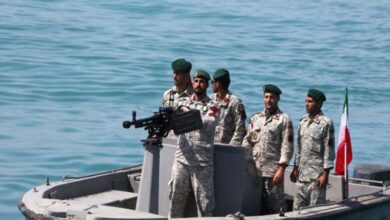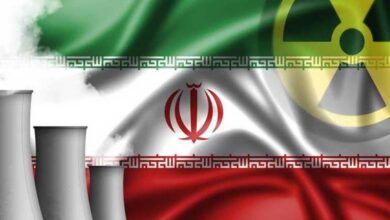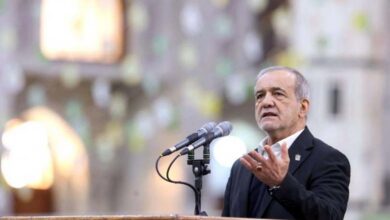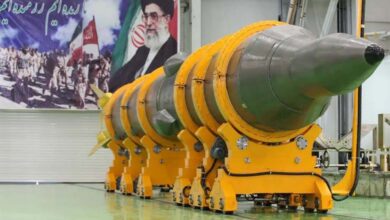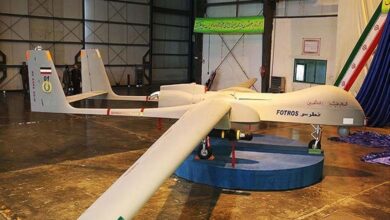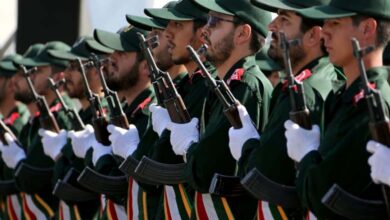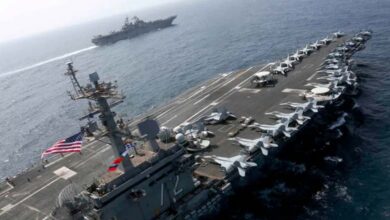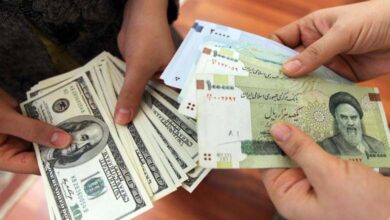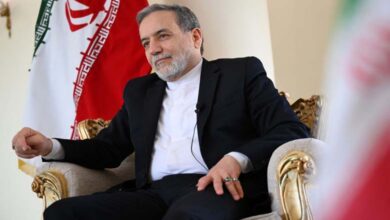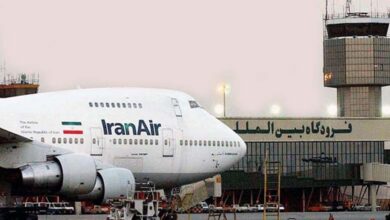“Iran Nuclear Deal”: Diplomatic Efforts to Contain Escalation
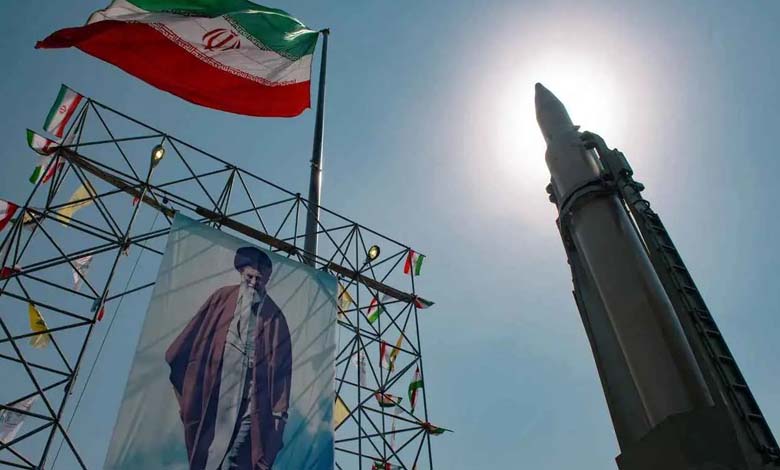
New talks on the Iranian nuclear issue begin Friday, involving Western powers.
Geneva will host negotiations on Friday between Iran, Germany, France, and the UK. Discussions will address Iran’s nuclear program, Russia, and the Middle East situation, taking place less than two months before U.S. President-elect Donald Trump assumes office.
-
What Are the Key Expected Scenarios for the Nuclear Deal After the Iranian Elections?
-
After announcing the range of its missiles… Failed Iranian attempt to promote its nuclear power
On the eve of the talks, Enrique Mora, Deputy Secretary-General for Foreign Affairs of the European Union, announced he held “frank discussions” with Iranian officials in Geneva on Thursday about their nuclear program.
Posting on X (formerly Twitter), Mora mentioned a “frank exchange” with Majid Takht-Ravanchi, Iran’s Deputy Foreign Minister for Political Affairs, and Kazem Gharib Abadi, Deputy Foreign Minister for Legal and International Affairs.
The discussions covered “Iran’s military support to Russia, which must stop, the nuclear issue requiring a diplomatic resolution, regional tensions—it is vital for all parties to avoid escalation—and human rights.”
-
The US denies sending a message to Iran, saying it was “in a hurry” to reach a nuclear deal, according to the Iranian minister – Details
-
“Iran’s Nuclear Program”: IAEA Condemnation and Tehran’s Response
Following a meeting in New York last September, another confidential meeting is scheduled for Friday. The participants’ names and the venue for the four-nation diplomatic talks remain undisclosed.
The discussions occur amidst heightened tensions in the Middle East between Iran and its allies on one side and Israel on the other, less than two months before Trump takes office. Trump had pursued a “maximum pressure” strategy against Iran during his first term.
For Tehran, the aim of the Swiss talks is to avoid a “double catastrophe” that would again pit Iran against U.S. policies, now potentially coupled with a firmer European stance, explained Iranian political science professor Mostafa Shirmohammadi to AFP.
-
Iran Proposes Deal on Its Nuclear Program to Avoid Western Pressure
-
Iran’s Nuclear Program: What is the “Wisest” Path for the U.S. to Face It?
Adding to the nuclear issue, Western accusations that Iran supplies explosive drones to the Russian military for its war in Ukraine—claims denied by Tehran—complicate the situation.
From Tehran, Shirmohammadi emphasized that “the Europeans are not on Iran’s side.” Nevertheless, Iran hopes to soften relations with Europe while maintaining a firm stance.
In an interview with the British newspaper The Guardian published Thursday, Iranian Foreign Minister Abbas Araghtchi warned that his country could obtain nuclear weapons if Europeans reinstate sanctions.
-
Iranian MiG-29s: Can they fend off the impending Israeli attack?
-
“Telegraph”: Iran May Feel That Building a Nuclear Bomb Is Its Only Option Now
Last week, France, Germany, and the UK, alongside the U.S., criticized Iran for its lack of cooperation on the nuclear issue.
The International Atomic Energy Agency (IAEA) Board of Governors, comprising 35 nations, adopted a resolution condemning Iran for its lack of cooperation. Tehran dismissed the resolution as “politically motivated” and responded by activating “new advanced centrifuges” designed to increase its enriched uranium stockpile.
Iran’s nuclear program raises concerns among Western nations, which accuse Tehran of seeking to develop nuclear weapons. Iran remains the only country outside the nuclear-armed states’ club enriching uranium to a 60% level, according to the IAEA.
-
How did Iranian missiles breach Israel’s “Dome”? 4 Reasons
-
Iranian Attempt to Hack Accounts of U.S. Presidential Campaign Officials
Tehran asserts its program is peaceful and entirely civilian. It also refers to a fatwa by Supreme Leader Ali Khamenei prohibiting the use of weapons of mass destruction.
On Thursday, Israeli Prime Minister Benjamin Netanyahu reiterated his warning that Israel will not allow Tehran to develop nuclear weapons.
In a televised interview, he stated: “I will do everything in my power to prevent Iran from obtaining a nuclear weapon… I will mobilize all possible forces to achieve this.”


